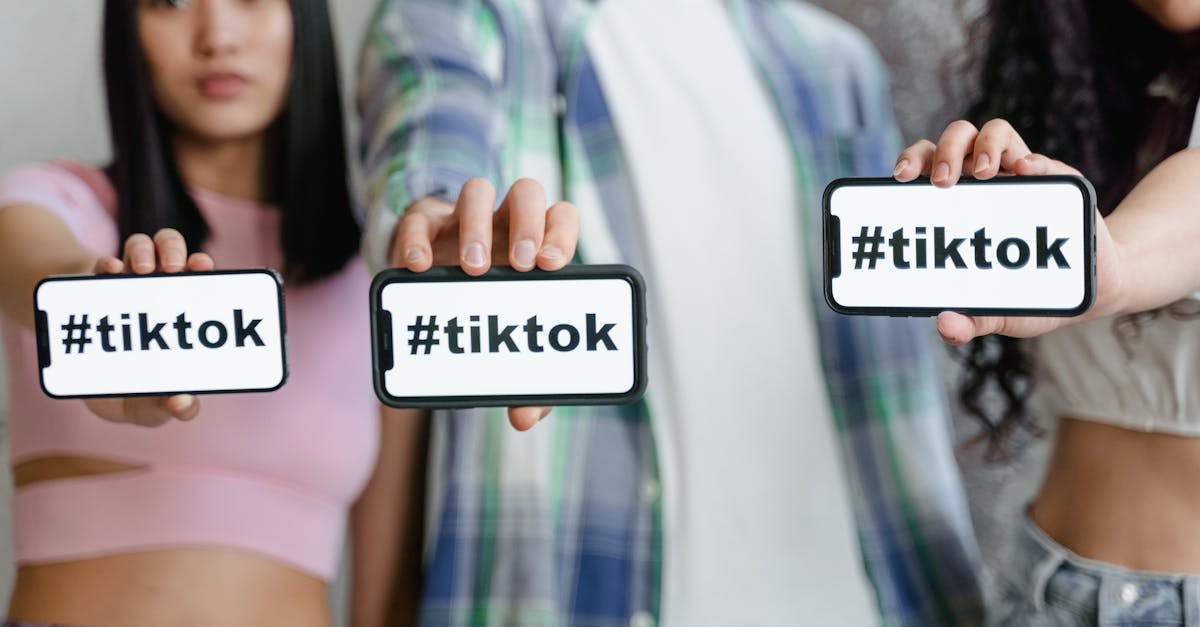Sustainable Fashion How Gen Z Is Shaping the Industry
Introduction
The fashion industry is undergoing a transformation, led by the environmentally-conscious Gen Z. Unlike previous generations, this group prioritizes sustainability, influencing mainstream fashion. This trend shift reflects a significant move towards ethical consumerism.
Advertisement
Gen Z Values and Environmental Awareness
Much of Gen Z's commitment to sustainability stems from a heightened awareness of environmental issues. Raised amid climate change discussions, these digital natives understand the impact of their choices on the planet. Their values are reflected in their demand for eco-friendly fashion.
Advertisement
Demand for Transparency
Gen Z consumers are not just looking for style—they want brands to be transparent about their production processes. They expect ethical sourcing, fair labor practices, and eco-friendly materials. Brands failing in this regard often lose favor with this conscientious cohort.
Advertisement
Circular Fashion Model
Fashion is moving from a linear to a circular model, partly due to Gen Z's advocacy. This model promotes reusing and recycling clothing items rather than disposal. Thrift shopping, clothing swaps, and upcycling have become popular practices among young people, minimizing waste.
Advertisement
Influence of Digital Platforms
Digital platforms like TikTok and Instagram have emerged as channels for promoting sustainable practices. Influencers and activists within Gen Z are using these outlets to educate peers, promoting sustainable brands, and establishing eco-friendly trends that rapidly gain popularity.
Advertisement
Technological Integration
Technology is key to sustainable fashion, with Gen Z embracing innovations like artificial intelligence for smart consumption. Virtual try-ons, carbon footprint trackers, and apps promoting sustainable choices are on the rise, showing Gen Z's commitment to reducing fashion's environmental impact.
Advertisement
Challenges to Overcome
Despite their efforts, Gen Z faces challenges such as the cost of sustainable fashion. Ethical clothing often comes with a higher price tag, creating a barrier for some. However, many are willing to spend more as they believe in its long-term benefits and are pushing for affordable options.
Advertisement
Industry's Adaptive Strategies
In response to Gen Z's demands, brands are increasingly shifting to sustainable practices. From using organic materials to implementing slower fashion cycles, the industry is adopting more ethical approaches. This change bolsters brand loyalty and attraction from environmentally-conscious consumers.
Advertisement
The Power of Collective Action
Gen Z's impact stems from their collective voice, using social media for effective advocacy. Campaigns like #BoycottFastFashion mobilize masses to drive change. Young activists inspire others and engage with brands seeking constructive dialogue, creating a ripple effect across the industry.
Advertisement
Conclusion
Gen Z is undeniably leading the charge towards a sustainable fashion industry, with their influence reshaping practices and attitudes. By demanding transparency and holding brands accountable, they are changing consumption patterns. Their collective efforts are a beacon of hope for a greener future.
Advertisement


